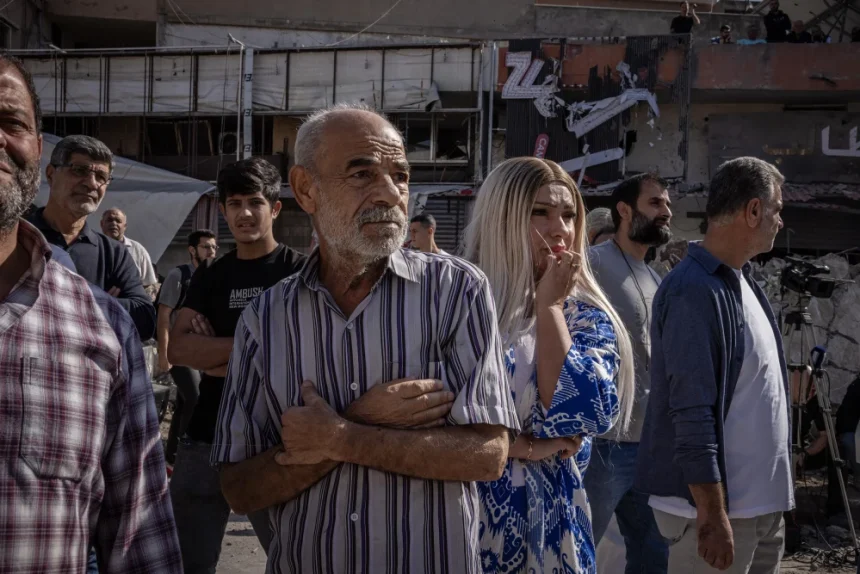It has been disclosed that some Senior White House officials will on Thursday travel to Israel, which is the new effort that is being made by the Biden administration to intensify efforts to end the conflicts in Lebanon and the Gaza Strip; the trip was confirmed by U.S. official and a source who spoke with NBC.
It was disclosed that the officials, on their arrival, are expected to have a meeting with Prime Minister Benjamin Netanyahu, where they will have discussions on the possibility of a deal to end the fighting in Lebanon.
The Commander of U.S. Central Command, Gen. Michael “Erik” Kurilla, has been disclosed to be travelling to the Middle East to discuss regional defence. The CIA Director William Burns will also travel to Cairo on Thursday. With all the trips scheduled, the US and the regional mediators were hoping to make significant progress in a bid to stop the fighting which has been going on in Gaza in the recent attack Israel’s deadly assault on the north of the Palestinian enclave is fueling mounting alarm from global officials and aid groups.
The now-planned travel of McGurk and Hochstein will now take place when there are hopes that there could be a cease-fire with Hezbollah in Lebanon; the optimism has now been that the cease-fire could be reached without a deal to end the war in Gaza. Hezbollah, the Iran-backed militant group, has demanded it will keep fighting until there is a ceasefire with Hamas.
In recent months, the IDF has inflicted some high casualties and blows against Hezbollah. The blows included the assassination of its longtime leader, Hassan Nasrallah; the death of the leader limited the number of casualties that the group has claimed in recent months, and the blow led to limit the number of damages that have been caused to Israeli cities with its extensive arsenal of rockets.
The source who spoke on the visit noted that the Israeli forces believed that they had been able to inflict so much pain against Hezbollah with such satisfaction they felt it was time to quit and stop the rage while they were still winning.
The broad outlines of a deal would likely be similar to United Nations Security Council Resolution 1701, which ended the last Israel-Hezbollah war in 2006: a withdrawal of Israeli forces from southern Lebanon in exchange for Hezbollah fighters moving away from the Israeli border and staying north of the Litani River.
The Israeli government has been noted as insisting that a firm mechanism should be established to ensure Hezbollah’s compliance with the agreements that will be reached. The details of that mechanism are likely to be one of the major sticking points in negotiations.
There has been some sort of confusion about whether Hezbollah will agree to the negotiations to end the fight. Accordign to the Lebanse official figures, 2,800 people have been killed and displaced more than 1 million. But mounting casualties among Israeli troops in Lebanon in recent days could allow the militant group to claim victory in front of a domestic audience.
The group’s new leader, former deputy Naim Kassem, delivered his first public address Wednesday since being named to the role a day earlier.
In his speech, he noted that he would stick to his predecessor’s strategy. According to him, they would continue to implement the war plan that he set with the resistance leadership, and they would remain on the path of war within the drawn political directions.




